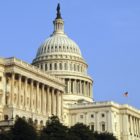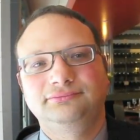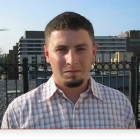
WASHINGTON, D.C. – Thirteen advocates and professionals from around the country who serve as advisors to the federal office for juvenile justice met for two days last week in Washington, D.C., to share information on reforms and funding at the state and federal levels. The Federal Advisory Committee on Juvenile Justice, which normally meets online every few months, gathered face-to-face for the first time in a year. Its last online meeting occurred Aug. 10.
Some of the reforms the committee discussed lie within the federal Office of Juvenile Justice and Delinquency Prevention itself. Melodee Hanes, the acting office administrator, told committee members on the opening day of the meeting that a structural reorganization of her office, which has been in the works for months, would be announced soon.









